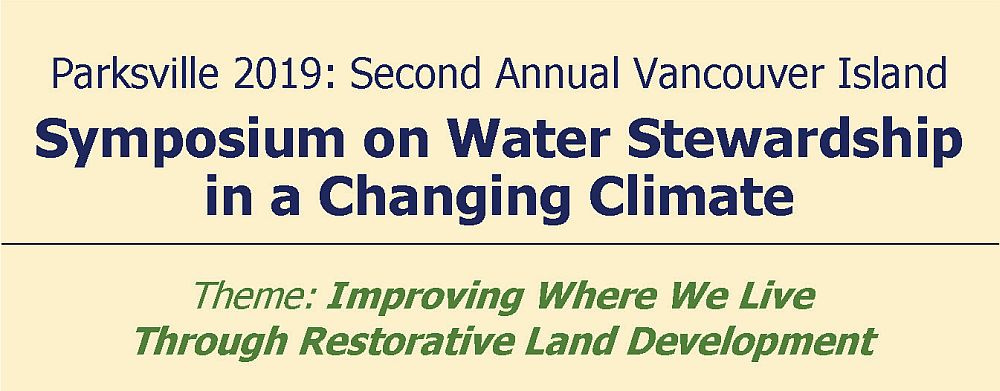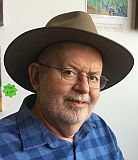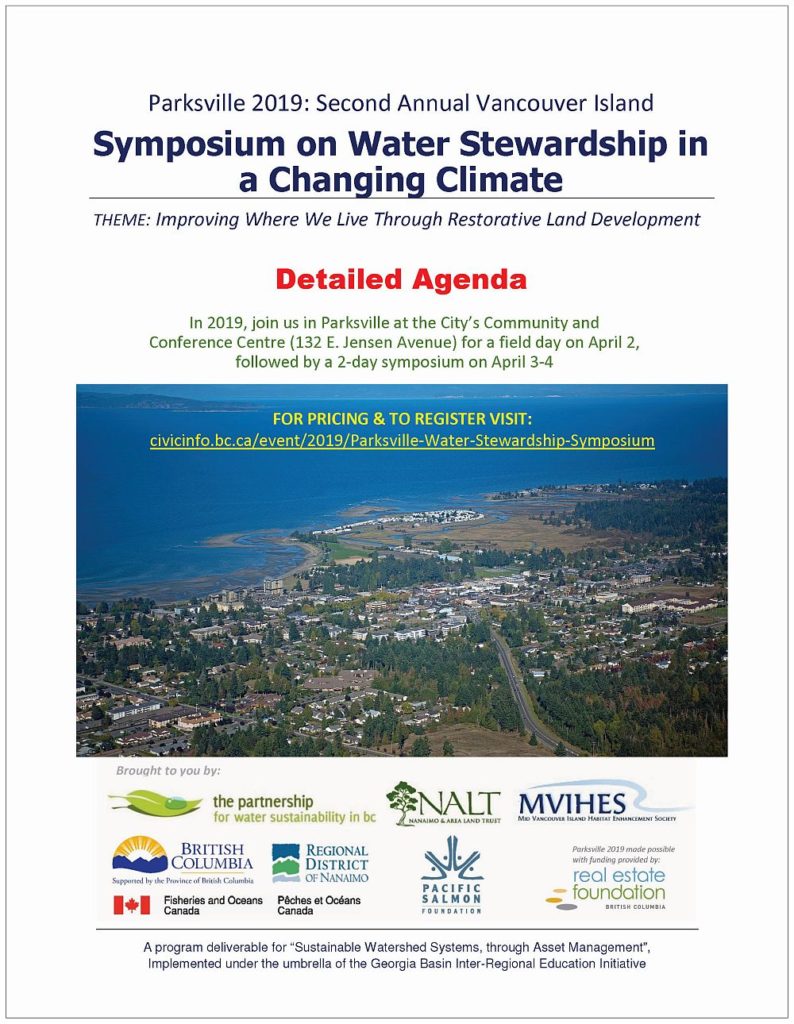MODULE D – DAY ONE – PARKSVILLE 2019 SYMPOSIUM: The over-arching theme for the concluding presentation by Nick Leone that provides the bridge to Day Two is “Back to the Future: Reconnect Hydrology and Ecology”
Note to Reader:
Click on PARKSVILLE SYMPOSIUM AGENDA to download a package that elaborates on the presentation topics in each of the four modules that comprise the program on each symposium day. Parksville 2019 is a call to action. Read together, the set of abstracts create a seamless storyline that is designed to inform delegates so that they will know what to expect on April 3-4 when they convene in Parksville.

MODULE D: Back to the Future: Reconnect Hydrology and Ecology
The closing for Day 1 is a ‘call to action’by Nick Leone, Senior Fisheries Restoration Biologist with DFO (Department of Fisheries & Oceans, a federal agency), and the bridge to Storm Cunningham’s evening lecture and the theme for Day 2: restorative land development results in sustainable stream restoration. His presentation is the book-end for the presentation by Dr. Chris May.
“Beyond the Fins” – A Perspective on Integration
 “Salmon are recognized as an iconic species, often considered the ‘Canaries of watershed health’ – with the basic premise being that what is good for salmon is indicative of healthy, productive watersheds and vise-versa,” states Kim Stephens, Executive Director, Partnership for Water Sustainability in British Columbia.
“Salmon are recognized as an iconic species, often considered the ‘Canaries of watershed health’ – with the basic premise being that what is good for salmon is indicative of healthy, productive watersheds and vise-versa,” states Kim Stephens, Executive Director, Partnership for Water Sustainability in British Columbia.
“This perspective ‘compels or encourages’ DFO government engagement and collaboration in such broader processes and thinking beyond simply salmon alone – that is, ‘beyond the fins’; recognizing the value of mutual interests and benefits of collective efforts in restoration of watershed functions.”
Lessons Learned: Focus on Root-Causes; Integrate Restorative Solutions
“Decades of in-stream restoration work have not been sustainable because communities have not addressed the root causes of ‘changes of hydrology’,” observes Nick Leone. “Going forward we will need to: think and act more strategically; look for synergies between programs, systems, policies, disciplines and management objectives; account for uncertainty through acknowledging what we don’t know, and variability in what we do know; develop effective partnerships that get the vision right and produce sound  strategies.
strategies.
“Fostering improved partnerships, collaboration and data/information exchange, in addition to sharing of technical and management innovations is of particular importance for land and resource use professionals and effective administration of their responsibilities.
“Opportunities to support continued dialogue, engagement and advancements in innovation across professional disciplines and jurisdictions engaged in water management, conservation and sustainability is of vital importance and genuine benefit.”
To Learn More:
Download PARKSVILLE SYMPOSIUM AGENDA.
To read the consolidated story of all four modules on Day One, click on SUSTAINABLE STREAM RESTORATION: Parksville 2019 Symposium organizing committee releases the Detailed Agenda for Day One (April 3) – “Getting It Right by Applying the Whole-System Approach”


